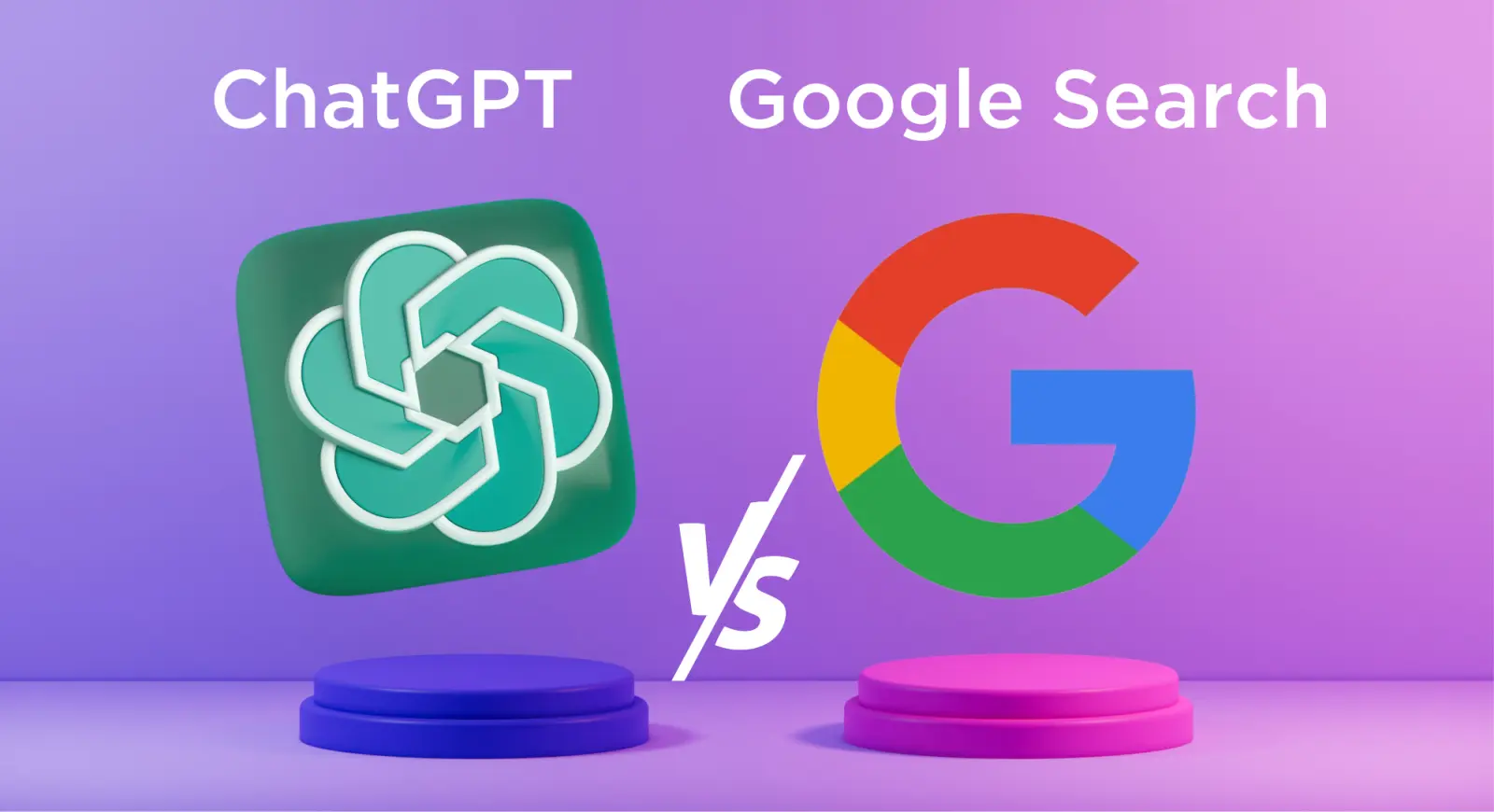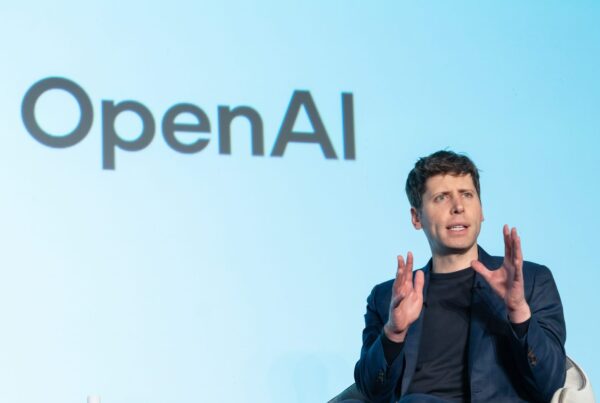
ChatGPT Search (CGS) by OpenAI is reshaping how we think about finding information online, directly challenging Google’s longstanding dominance. CGS integrates conversational AI into the search experience, delivering direct answers instead of requiring users to wade through endless links and web pages.
What Makes ChatGPT Search Different?
CGS is designed to simplify the search experience. Unlike traditional search engines, which display a long list of results, CGS aims to deliver the exact answer you’re looking for, right away. Here’s how it works:
1. Web Search on Demand: CGS intelligently decides when web-based information is necessary for a query. If users want additional options, they can manually prompt a web search.
2. Conversational Context: ChatGPT keeps track of ongoing conversations. This feature allows users to ask follow-up questions without starting from scratch, making it easier to explore complex topics.
This unique model is a direct response to Google’s ad-supported structure, which often requires a series of searches and combing through sponsored results. CGS, by contrast, is free from ad revenue constraints, enabling it to prioritize direct, accurate answers.
OpenAI’s Competitive Edge
OpenAI has set its sights on capturing even a small portion of Google’s market, which is worth an estimated $175 billion. With much of Google’s infrastructure built around ad revenue, OpenAI’s model allows it to operate with less “noise,” creating a streamlined user experience.
The stakes are high for OpenAI, as Google has historically outpaced its competitors through incremental innovation. However, ChatGPT’s user experience has already helped it surpass Bing in traffic, solidifying its place as a search alternative and positioning it as a potential game-changer.
The Shift from Traditional to AI Search
With AI-powered search engines like CGS, Google and other traditional platforms face a serious rival. This trend mirrors the early days of search engines, where platforms like Yahoo and AltaVista were eventually overtaken by Google. Today, OpenAI’s model could fast-track similar changes in just a few years.
As users increasingly turn to ChatGPT for its conversational search approach, many companies are wondering if they should pivot their SEO strategies. While it’s still wise to focus on traditional SEO, investing a small percentage in AI search visibility might be beneficial for future-proofing.
Companies’ Dilemma: Early Adoption vs. Staying the Course
Businesses are facing tough decisions on whether to integrate AI search or continue with traditional search optimization. Here’s a practical approach to navigating this shift:
1. Experiment Cautiously: Invest about 10-20% of your SEO budget in AI search to establish early visibility.
2. Monitor Referral Traffic: Track traffic trends from ChatGPT to evaluate whether engagement levels stay high. OpenAI’s ongoing integration with Bing means that strong SEO performance on Bing will often translate to better visibility on CGS.
3. Prepare for AI-Specific Optimization: Begin experimenting with content formats and keywords that align with AI-driven search trends.
The Rise of Referral Traffic from AI Chatbots
ChatGPT and other AI tools have already contributed to a surge in referral traffic, giving websites an alternative source for gaining visibility. According to recent data, this traffic trend is particularly strong on sites like YouTube and Bing, which saw jumps in referral traffic between April and September. This trend suggests that as more users turn to AI for answers, referral traffic from AI sources will continue to grow.
Key Considerations Moving Forward
As OpenAI builds its ecosystem, many believe it might consider launching an AI-powered browser. This would enable OpenAI to collect more user data and further refine ChatGPT’s answers and personalization. In contrast, Google relies heavily on Chrome data to enhance its own search results. By developing an app-agnostic browser, OpenAI could gather valuable insights on user behavior across different platforms.
The Future of the Web in an AI-Driven World
If the adoption of AI search engines accelerates, websites may primarily cater to bots instead of human visitors. This change could alter web design, with websites evolving to appeal to AI’s parsing algorithms over human readability. As more people find what they need through direct answers from AI platforms, the open web could become less of a destination for human users and more of a data source for AI.
ChatGPT Search’s Potential Impact
The introduction of ChatGPT Search could mark the beginning of a new era in the search industry. For now, businesses should maintain their traditional SEO efforts while cautiously exploring AI optimization. With AI transforming search, the web we know today may soon look very different, shifting from a place for people to explore to a resource optimized for AI. Whether ChatGPT ultimately rivals Google on a large scale remains to be seen, but its early success points to a significant evolution in how we search and interact online.
hey i'm really sorry to keep hyping our own product but you really should get chatgpt plus and install the chrome extension for search
i am cheerfully the first to admit when we ship something that isn't very good, but this time it's…really good
— Sam Altman (@sama) November 1, 2024




